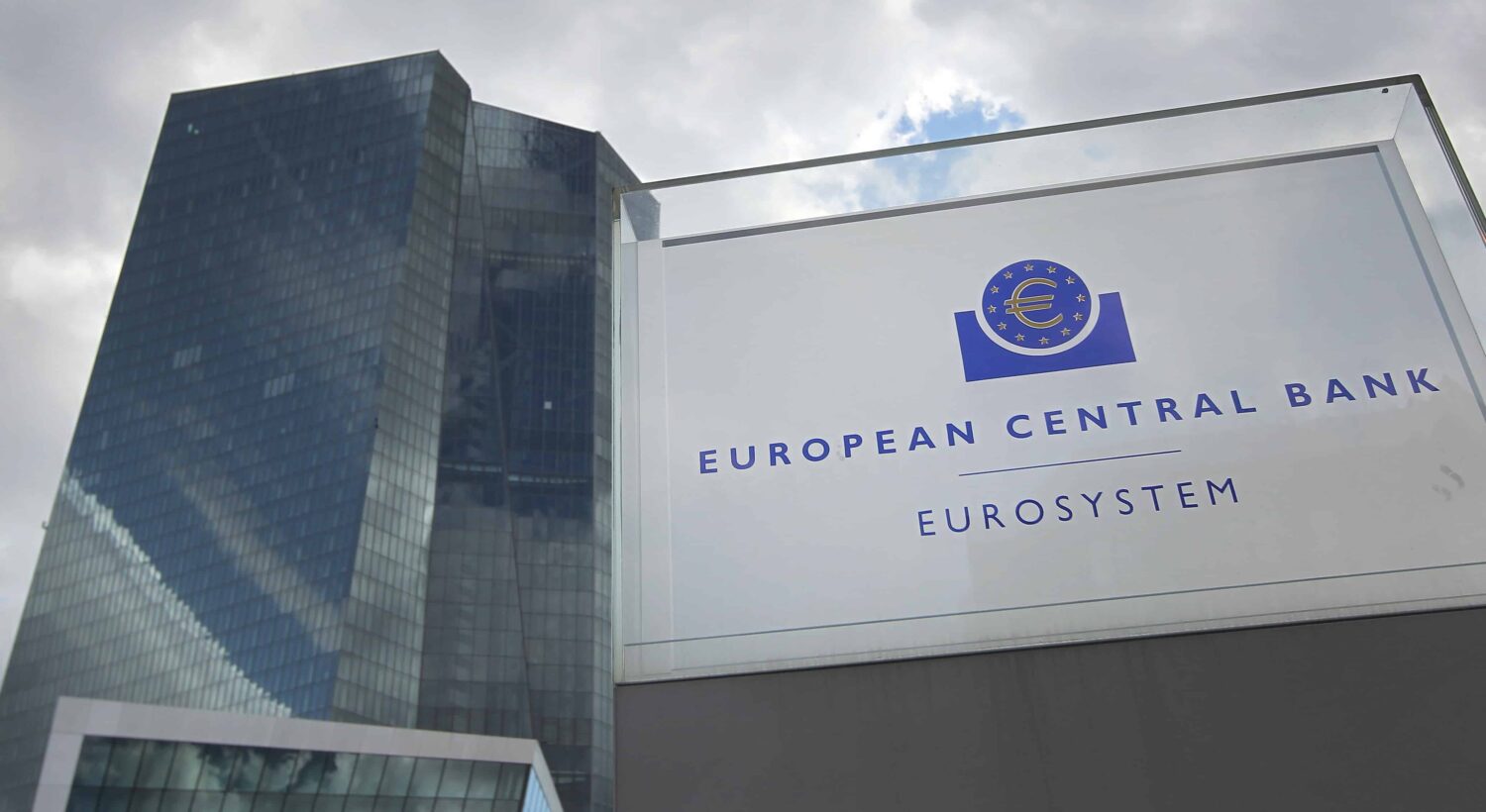FRANKFURT, GERMANY – Eurozone banks tightened lending criteria in the first quarter at their fastest pace since the 2011 sovereign debt crisis, while demand for loans fell heavily, according to a European Central Bank survey released Tuesday.
The results highlight the impact of aggressive monetary tightening combined with recent banking sector turmoil, and could encourage the ECB to opt for a smaller interest rate increase on Thursday.
Banks’ lending criteria were toughened further for loans to both firms and households, reflecting the “ongoing pass-through of higher market rates to lending rates,” the survey found.
A net 27 percent of banks reported a tightening of credit standards for loans to companies, meaning it is harder for the enterprises to borrow.
Meanwhile banks reported that demand for loans from firms fell heavily, with the decrease “the strongest since the global financial crisis”, with higher borrowing costs reported as the main driver, the ECB said.
Demand for housing loans also declined, while there was a smaller decrease when it came to consumer credit and other lending to households, it said.
Banks also reported that access to funding deteriorated, possibly due in part to the banking sector upheaval in March.
The collapse of three regional US lenders and the enforced takeover of Credit Suisse by rival UBS rocked markets and triggered fears of broader problems in the banking sector.
US authorities announced Monday that another bank, First Republic Bank, had collapsed, and sold to JPMorgan Chase, adding to investor uncertainty.
A separate ECB survey also showed that growth of credit to the private sector – households and businesses – continued to slow, decreasing to 3.8 percent in March.
The ECB has hiked rates by 3.5 percentage points since July last year as it seeks to rein in soaring inflation.
The bank is expected to lift borrowing costs at its next meeting Thursday, with an increase of either 25 or 50 basis points seen as possibilities.
But while the ECB surveys might encourage the central bank to opt for a smaller increase, data released Tuesday showed that eurozone inflation remains stubborn, rising to seven percent in April.








